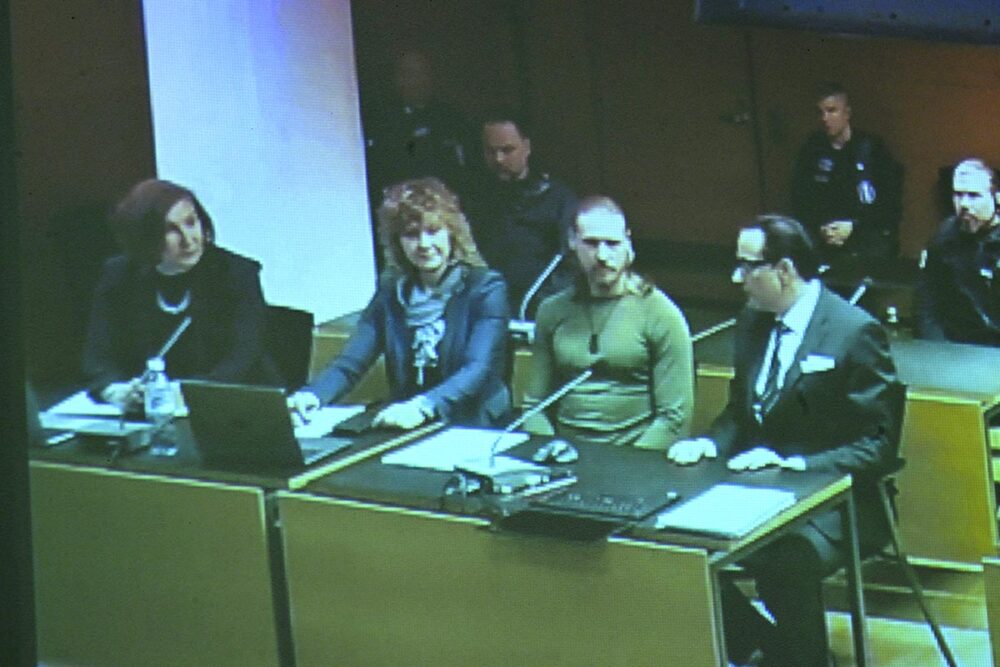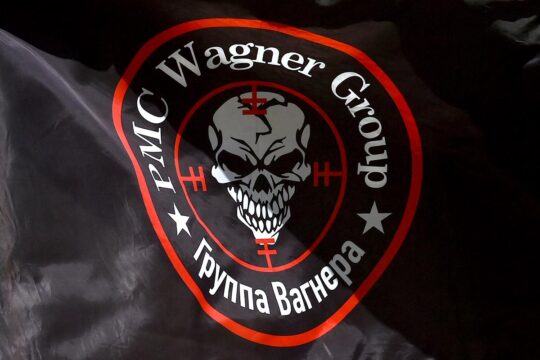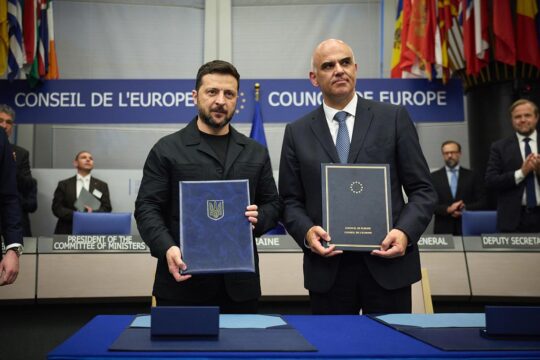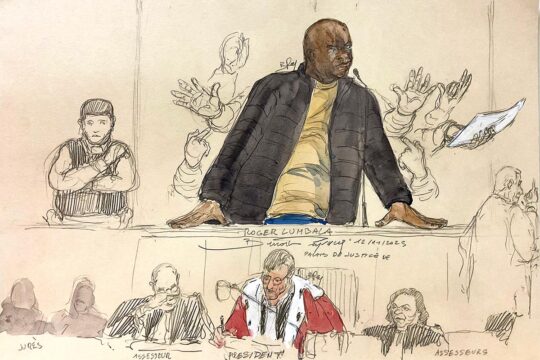Voislav Torden, formerly known as Jan Petrovski, was arrested at Helsinki-Vantaa Airport in the summer of 2023 during a routine check as he was about to board a flight to Nice, southern France. He had previously lived in Norway but was deported from the country in 2016 when his permanent residence permit was revoked. According to Norwegian authorities, he posed a serious threat to national interests.
According to the indictment issued by the Finnish office of the prosecutor, Torden, 37, has allegedly committed war crimes when he and his soldiers in the paramilitary group Rusich killed 22 Ukrainian soldiers, injured four, and mutilated one during an ambush attack in eastern Ukraine in 2014. The prosecutor believes that Torden, as the alleged deputy leader of Rusich, led the attack.
The Sabotaged Assault Reconnaissance Group, known as Rusich, fought in the Russian-backed separatist areas in Luhansk, in the Donbas region of Eastern Ukraine, when war started there in 2014 at the same time as Russia annexed Crimea. This militia is reported to have links to the notorious Russian Wagner group and is designated as a terrorist organization in Ukraine. The group has been noted for its brutality and use of Nazi symbols.
Torden’s trial opened before the Helsinki district court on December 5. The events that the trial revolves around occurred near the village of Tsvitni Pisky on September 5, 2014. The group is said to have placed a Ukrainian flag at a roadblock to deceive Ukrainian soldiers in a convoy into stopping. When the soldiers from the Aidar battalion approached, Rusich's men allegedly opened fire on them with automatic weapons and fired a rocket that destroyed the vehicles.
21 Ukrainian soldiers died in the attack, and one later succumbed to his injuries. Four soldiers were seriously injured. The prosecutor claims that Rusich executed at least four of the killed soldiers while they were lying injured on the ground. The four who survived the attack were spared because they could be exchanged in a prisoner swap. In addition, Torden is accused of allowing another injured soldier to be desecrated by having the group's symbol carved into his face. He is also said to have posed with dead soldiers, including those who had just been executed, in photos that were circulated on social media, sending the message that Rusich neither showed mercy nor took prisoners. He is charged with five war crimes.
The defense denies everything
Torden’s lawyer Heikki Lampela argues that the entire indictment is based on misunderstandings and false evidence. The defense claims that Torden did not participate in the ambush but was on site to record a propaganda video with a journalist. According to the defense, the desecration of an injured soldier never occurred. The marks on the soldier's face have been explained as dirt, not intentional actions. The photos that allegedly show Torden with dead soldiers are said to have been manipulated or misinterpreted by the prosecution. Regarding the claims that Torden denied mercy and advocated executions, the defense argues that he was simply relaying orders from the group’s leader for propaganda purposes.
The prosecutor’s evidence consists mainly of videos and documentation that Rusich itself published online. The material, according to the prosecutor, clearly shows the group’s violent actions and Torden’s leading role. The defense questions the authenticity of the material and points out that other fighting units, such as the Zorja battalion, may have been behind the attack.
Ukraine is denied extradition
Ukraine had previously requested that Torden be extradited to the country and held accountable there. In Finland, the matter was brought before the Supreme Court, which ruled that an extradition was not possible. In its decision the Supreme Court referred the view of the European Court of Human Rights, which stated that the conditions in a certain Ukrainian pre-trial detention facility violated Article 3 of the European Convention on Human Rights, which prohibits torture. This prison was located in the same region where Torden would also have been transferred, according to Ukrainian authorities.
Torden’s case is not about Russian crimes committed in Ukraine after the full-scale invasion of the Russian army in February 2022. But he is the first Russian combatant to be tried before a court outside Ukraine for war crimes committed in this country since 2014.
During the first part of the proceedings the court has reviewed evidence, such as the video recordings. Victims and surviving Ukrainian soldiers are being heard this month. Closing arguments will take place at the end of January. But a key moment in the trial will be on January 23 when Torden himself will testify publicly for the first time.







